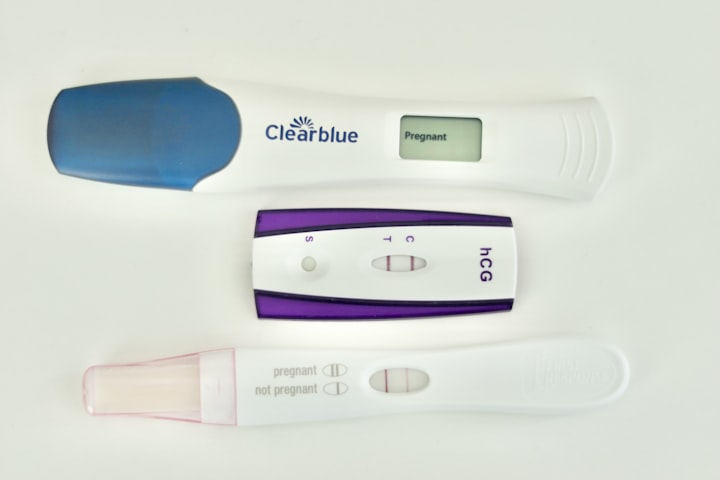The Healthcare Job that Nobody Talks About
Unsung Heroes Part 1

Desiring a job in the medical field led me down an arduous path. I tried out for dental school after college and didn't quite make it. I then followed down the nursing path, and didn't feel that was a good fit either. A few years and conversations later after countless research on other allied health careers, I found myself linking up with a field that served me in more ways than I could count. I mean I finally got the hospital job I wanted that fit my technical wit and personality, sort of. Have you ever heard of sterile processing? It’s a department in the hospital that sanitizes the instruments needed to take care of people, especially those in surgery. Little did I know that this department is the heart of the hospital, and a well-oiled machine. Not only do you need the technical know-how to accurately and safely clean instruments, but you also need the interpersonal skill to work with the people in your department who help you do that. Because the department is split into many sections, it takes teamwork to make it all come together. You need to know all the surgical instruments which can be learned through flashcards. And then you need to learn all the sterilizers and cycles that they process. You learn the function of each section of the department by reading manuals that you can find online through a certification program. I did mine through The Sterile Processing University, over a two month period, for $800. This was the most cost-effective method for me, but a better chance at getting hired in a hospital is through a school that will give you hands-on experience. One I recommend is Asceptic Technical Solutions in the Greater Philadelphia area because my former boss owns the school, but there are others that are just as good.
Decontamination: Once a surgery has taken place, the doctor and his constituents send the instruments down an elevator in a container according to regulations, i.e. in a covered bin sprayed with disinfectant foam. Once it reaches decontamination, it gets scanned into the system along with the cart it comes on, so it can be accounted for. Now there is a specific way to handle and wash all of the instruments which is of the utmost importance because if there is bioburden (blood, flesh, or bones) found on the pieces in the next department, it will get sent back to be washed again. This is the room where you also get to learn how to load and use the life-size washers as well.
Preparation and Packaging: This to me is the most fun department because you get to inspect and wrap the instruments (like presents) in their respective containers or trays. It can be most tedious though, with added pressure to complete a certain amount of trays within a given shift. This is the clean area an no one can come in unless they are covered with PPE from head to toe.
Sterilization: This is the most serious and nerve-wracking part of the department to me because if there is one small mistake in a load, the entire load has to be redone which could set back a surgery for hours. Never a good thing. Once trays have been packaged, they are loaded onto a rack a specific way according to their heat absorbencies. Then they are accounted for and placed with a test pack that verifies the proper air removal from the chamber along with a vial that shows that all microorganisms have been removed from the load.
Case-Cart: Can be fun and busy because doctors and nurses are always calling for trays and carts to come up to different surgical rooms. It can get really tricky though if you're not careful, because certain carts call for certain trays to be on there and if they are not, you have to find out why, which goes back to the importance of accounting for all trays when they enter the department.
Overall, I think it is a really great career to be in if you like the hustle and bustle. It can get really homey down there too and the people almost become like family. I think the pay is worth it as well especially just getting your foot in the door. Entry level starts at $17 in New Jersey and $18 and up in the Philadelphia area.






Comments
There are no comments for this story
Be the first to respond and start the conversation.